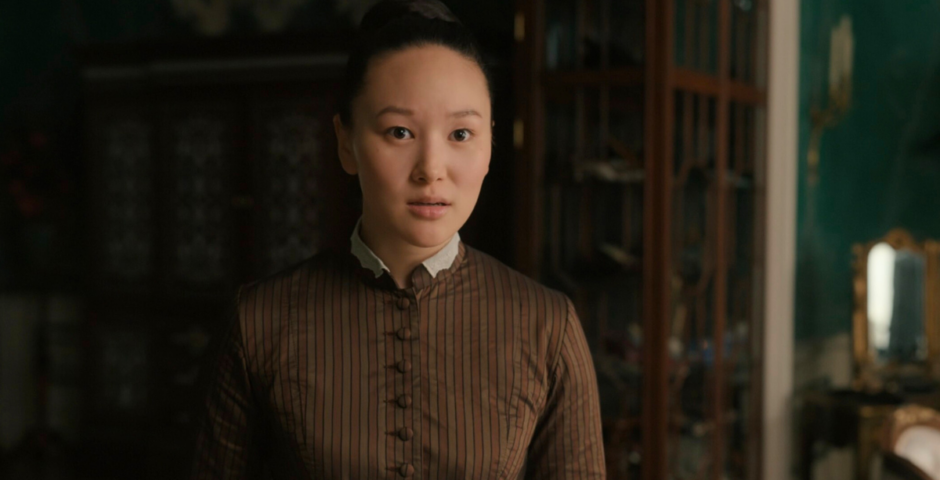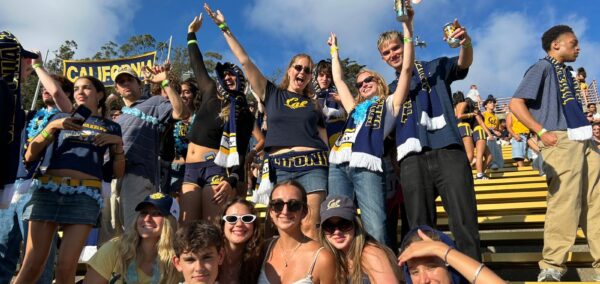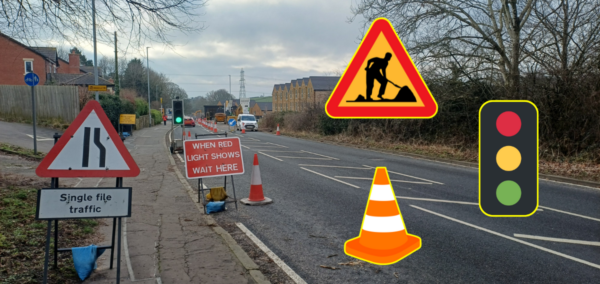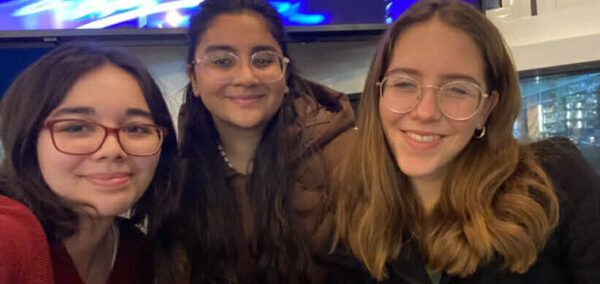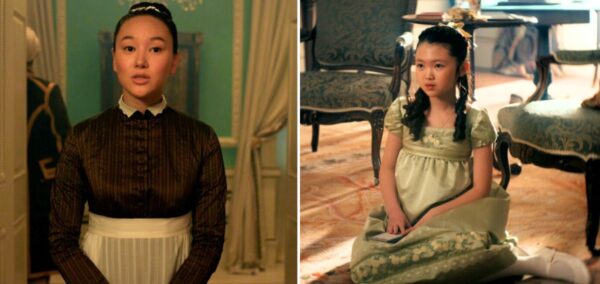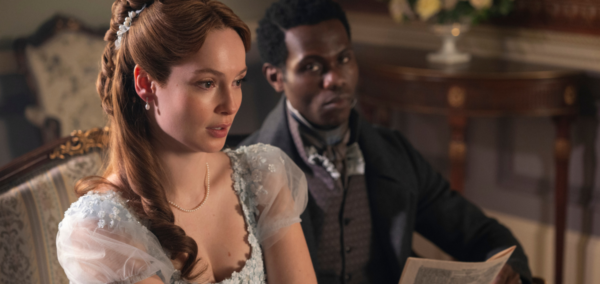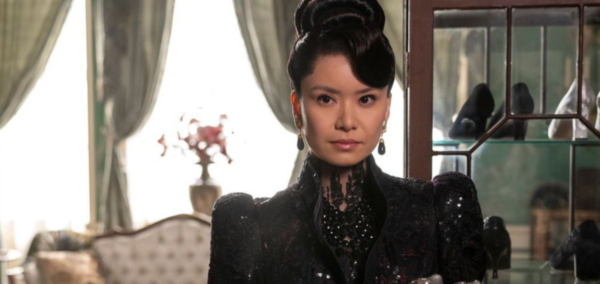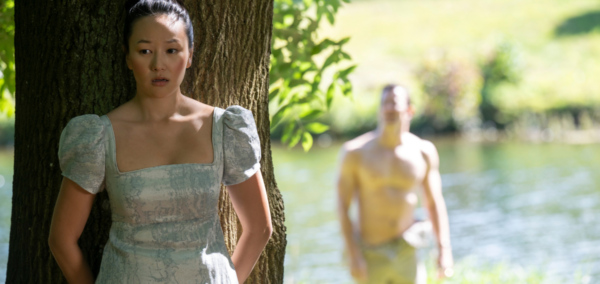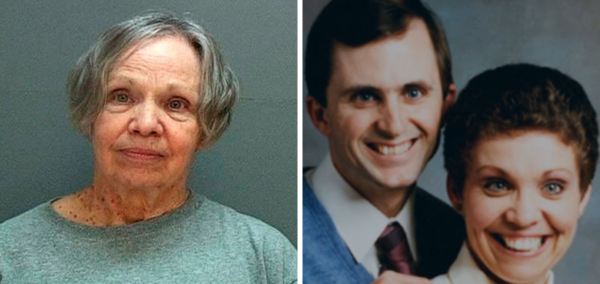
Cambridge reacts to the election of Pope Leo XIV
What do the students of Cambridge have to say about a new pope?
You know it’s going to be an odd sort of Eucharist when you process into the chapel with news of a new pope on your mind but no name yet announced—then by the time you’ve processed out, you emerge to find the name “Leo” trending on Instagram.
Yes, readers, it happened: Cambridge may be in exam term, but the Vatican has been doing a little revising of its own, namely the College of Cardinals dusting off their conclave ballots and electing the 267th pontiff of the Roman Catholic Church. As of Wednesday evening, we officially have Pope Leo XIV—previously known as Cardinal Robert Francis Prevost.
The news of white smoke reached us just before the 5:30pm Eucharist at King’s College Chapel. I was acolyting, so naturally I had other concerns—mostly trying not to drop my candlestick or trip over. However, there was a palpable anticipation among the rest of the chaplaincy team, especially a certain Irish server (I’m not naming names). Whispers circulated. The vestiary, for once, was abuzz with something other than debates over who moved the long-reach lighter. We knew a new pope had been chosen, but we didn’t yet know who. In the prayers of intercession, I was praying for the, “yet-unnamed” pope. The Dean, the Revd Dr Stephen Cherry, gave a typically measured but warm nod to the occasion in his homily, expressing hope that the new pope would be “guided by God’s wisdom and love” in his stewardship of the Catholic Church.
Most Read
By the time we processed out and unvested, the news had broken: Leo XIV. The first American pope. Born in Chicago in 1955. Franco-Italian-Spanish descent. Former altar boy turned missionary turned bishop turned cardinal turned… well, you know. If the Church had LinkedIn endorsements, his page would be ablaze.
So—who is Pope Leo XIV?
Let’s start with the basics. Robert Prevost was ordained in 1982, then soon after went to Peru where he spent a decade ministering in Trujillo, teaching in seminaries and working closely with marginalised communities. He eventually returned to the US to serve in his hometown. A man of many hats—and one extremely iconic white one, as of yesterday.
Leo XIV is no stranger to the upper echelons of ecclesiastical power. As prefect of the Dicastery for Bishops (read: HR department, but with more robes), he was already influential in shaping the global episcopate. In fact, he helped oversee the appointment of many bishops throughout Latin America—meaning many of the men who voted for him were, in a mildly awkward twist, his own spiritual LinkedIn connections.
But don’t mistake him for some velvet-cushioned bureaucrat. The man has Opinions™. On migrants? Pro. On the poor? Fiercely committed. On the environment? A certified Vatican eco-warrior, probably pushing for solar panels and electric Popemobiles as we speak. (One wonders how the Swiss Guard might feel about trading in their halberds for bike lights.) He’s spoken passionately about moving from “words to action” when it comes to change.
He’s also supportive of Pope Francis’ decision to allow women into the Dicastery for Bishops— “Their point of view is an enrichment,” he said last year on the subject, presumably causing at least three cardinals to clutch their rosaries in scandalised silence.
What’s less clear are his views on LGBTQ+ Catholics. While he supported the Francis-era declaration permitting blessings for same-sex couples, he’s also suggested that local bishops need to “interpret according to their cultural context.”
History of ‘Leo’:
His chosen papal name, Leo, is itself a nod to power, diplomacy, and social justice. The OG Leo—Leo I, whose papacy ended in 461—was best known for meeting Attila the Hun and politely asking him not to sack Rome. Pope Leo XIII, the most recent Leo, was the great socialist pope, writing Rerum Novarum, the encyclical that was highly influential on Catholic social teaching on workers’ rights. By taking on this name, Leo XIV has effectively pledged himself to that same legacy, standing up for the poor, the displaced, and the exploited. Attila the Huns of the modern world, beware.
And how is the global Church reacting to this? America is delighted. President Donald Trump called the election of an American pope a “great honour”.
Student Reaction:
In Cambridge, the reaction has been… mixed. Some lit candles. Others lit cigarettes. Theology students immediately began working the new pope into their dissertations, while the rest of us just marvelled at the speed of Vatican media output. By midnight of yesterday, Leo XIV had already delivered his first address and been turned into several ‘thirst trap’ TikToks (I’ve seen them. They exist. No, I’m not including a link.)
Here’s what some of the students of Cambridge had to say:
“I don’t think I know enough about the whole process or the other candidates, I mean its not all that surprising -his political opinions and that- I mean, he’s the pope.” – Faye
“I think it’s interesting in such a time of fragmentation that our generation has shown such an interest in the selection of the pope. I was supporting a more reformist candidate, and I doubt that my political opinions will match up with that of the new pope, but at the end of the day, Christianity is about hope, and fingers crossed that’s what the new Leo can provide” – Harriet
“It hasn’t really had an impact on my life, I’m Christian orthodox, not a catholic, so yeah- not really had an impact” – Francis
“I don’t really know what to say, did he have to be American?” – Kate
“I think he expresses his opinions very honestly, and I like how he talks about his faith in a way that is genuine but not isolationist to those who are not Christian. I also like the fact he has a more compassionate view on things like abortion, whilst his views may not change, he doesn’t vilify people on the other side of the debate” – Jellis
“Something feels wrong about an American pope, its too European” – Nat
“It’s encouraging to see someone who isn’t from that European bubble in charge,I also like the fact that he has a very broad worldview. He was highly regarded by the previous pope, which I think bodes well. I found it very moving how he reacted to his introduction as the pope, with such emotion, it shows he really cares. I can’t wait to see how his Twitter account pans out as well, because he’s said some inflammatory things in the past. With that in mind, it will be interesting to see how relationships between the Vatican and America are shaped in his papacy.” – Julia
“It’s a joyful time, he seems pretty solid” – Felix
And what now?
Well, if the pontificate of Francis taught us anything, it’s that a pope can surprise you. Leo XIV may have stepped onto the balcony of St Peter’s with a smile and a speech about unity, but make no mistake: his reign will be watched closely, analysed fiercely, and questioned relentlessly.
Meanwhile, back in Cambridge, we’ll keep lighting candles, praying intercessions, and trying not to trip over our albs in the procession. Because while popes may come and go, Eucharist starts promptly at 5:30. And King’s is still, ultimately, a protestant chapel.
Warmest wishes to the new pope from Cambridge!





